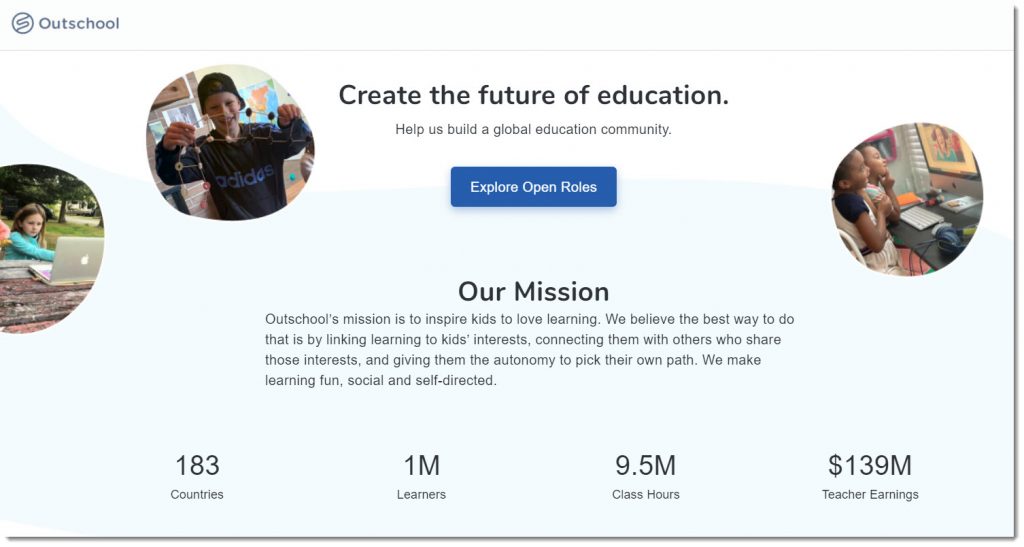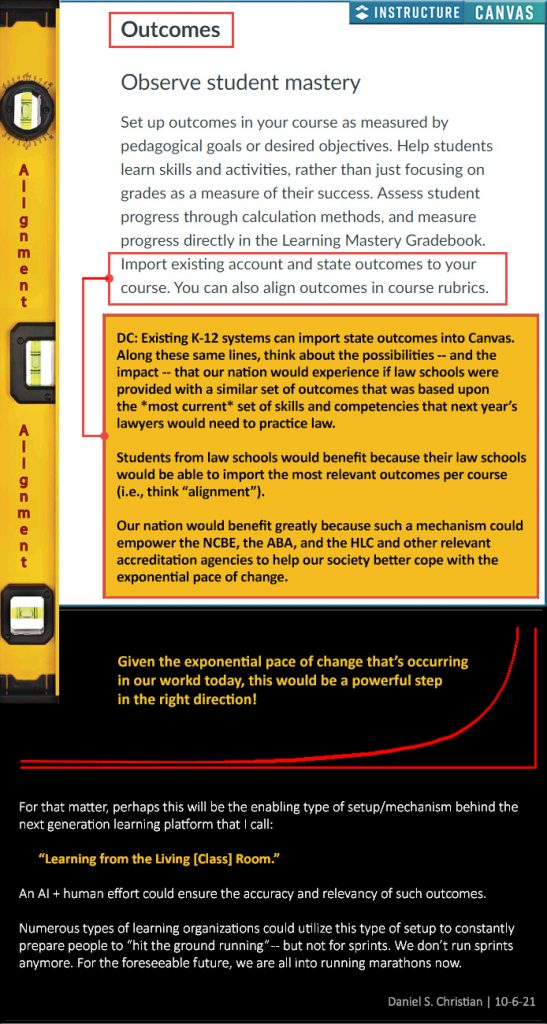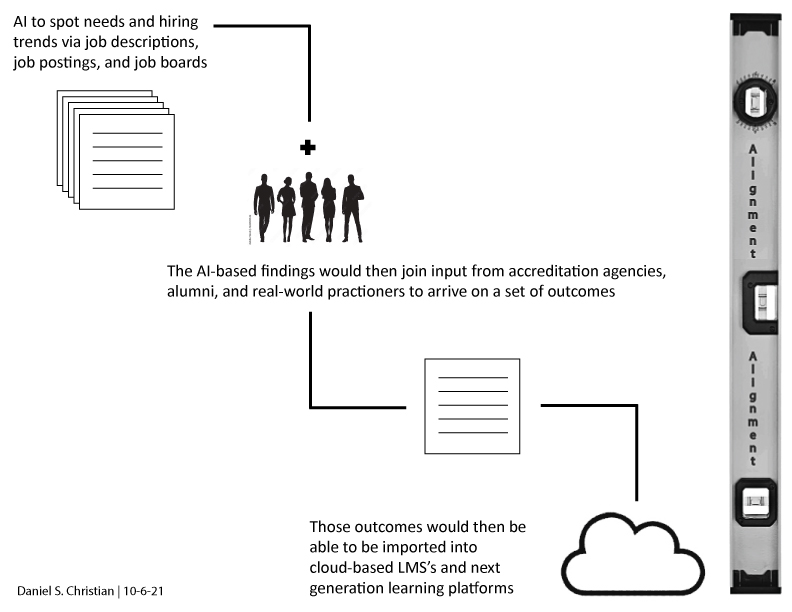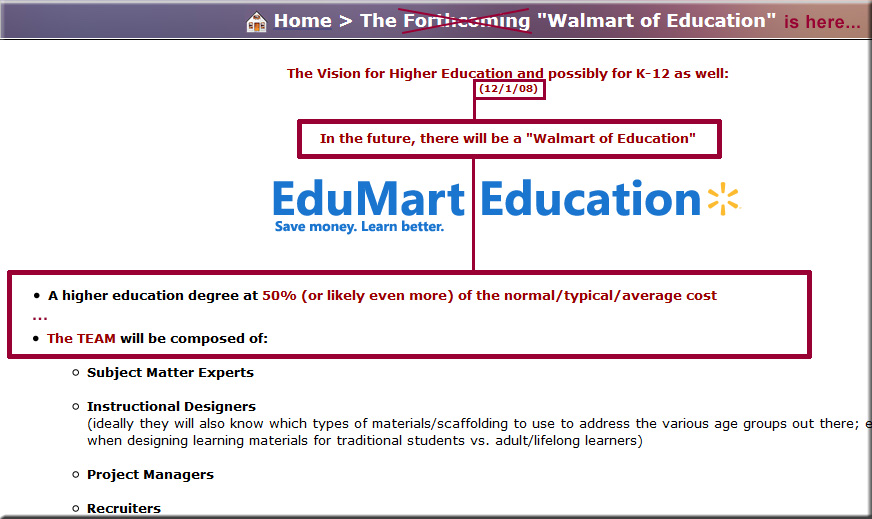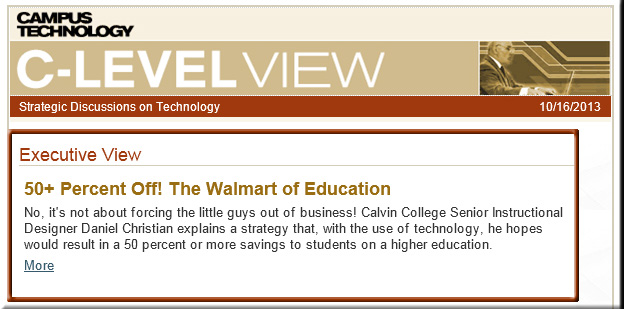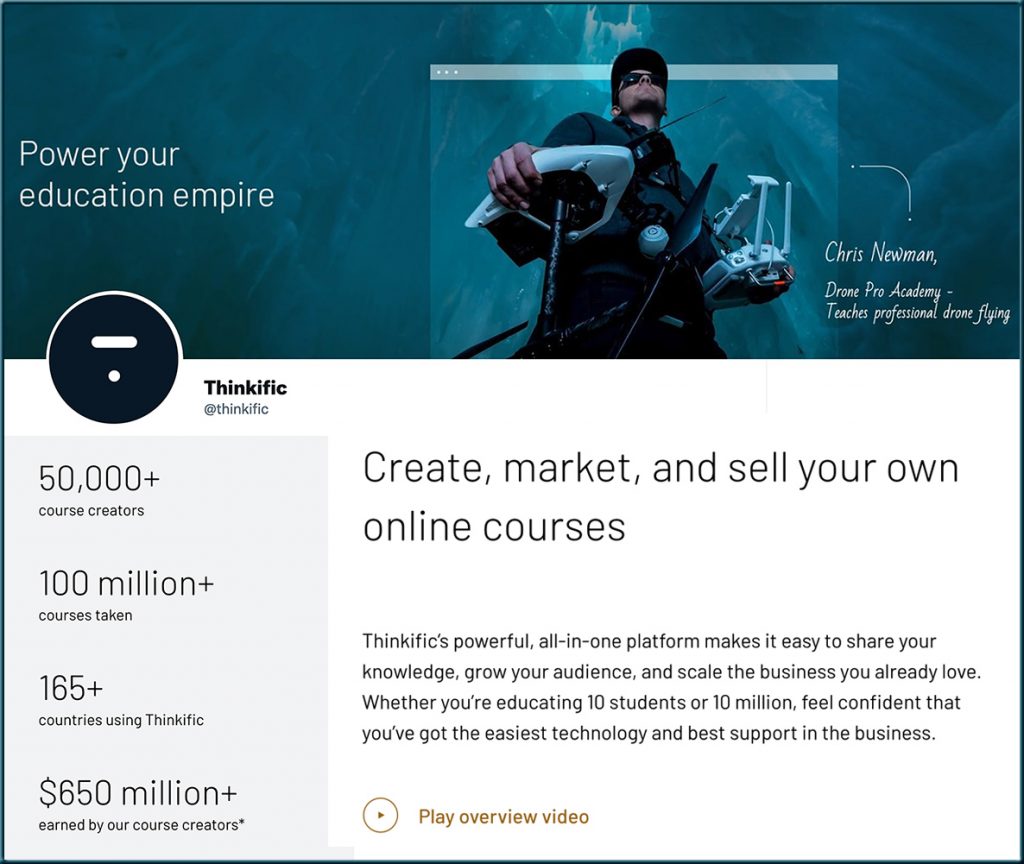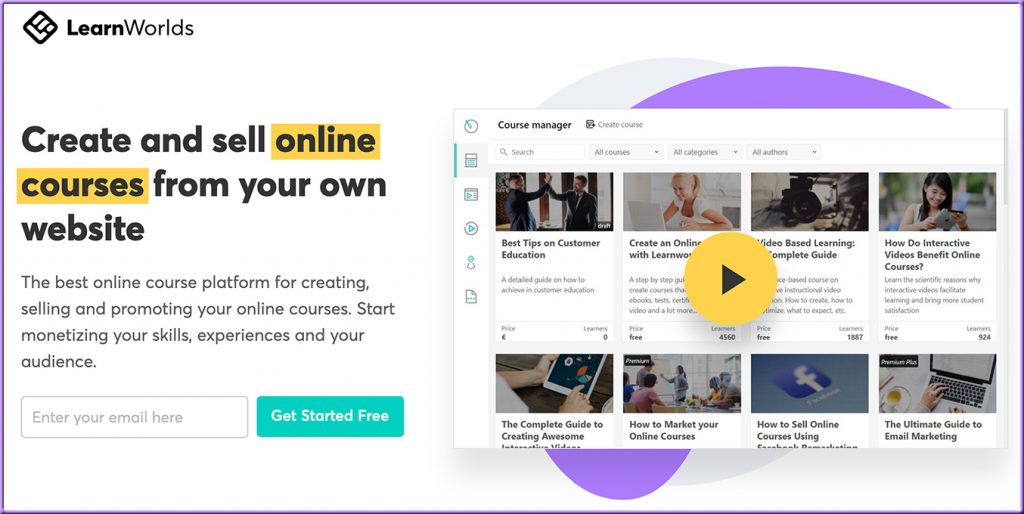Why everybody’s hiring but nobody’s getting hired — from vox.com by Rani Molla and Emily Stewart; with thanks to Ryan Craig for this resource
America’s broken hiring system, explained.
Tim Brackney, president and COO of management consulting firm RGP, refers to the current situation as the “great mismatch.” That mismatch refers to a number of things, including desires, experience, and skills. And part of the reason is that the skills necessary for a given job are changing faster than ever, as companies more frequently adopt new software.
“Twenty years ago, if I had 10 years experience as a warehouse manager, the likelihood that my skills would be pretty relevant and it wouldn’t take me that long to get up to speed was pretty good,” Joseph Fuller, a management professor at Harvard Business School and co-author of a recent paper on the disconnect between employers and employees, said. “The shelf life of people’s skills for a lot of decent-paying jobs has been shortening.”
From DSC:
I also think those hiring don’t think people can reinvent themselves. Folks who hire someone (and/or the applicant tracking systems as play) always seem to look for an exact match. There is little vision and/or belief that someone can grow into a position, or to lead differently, or to go in a different but better direction. They reach for their cookie cutters and shove their imaginations and ability to think bigger aside.
Employers could help people by investing in their employees’ growth and development — even if it means they actively help an employee take a right turn. Such an employee could hopefully find a new fit within that organization — if they do, they would likely turn out to be fiercely loyal.
Even if it means offering an employee 1-2 courses a year that they want to learn about — NO STRINGS ATTACHED — the learning culture would get a huge boost!!! Peoples’ love/enjoyment of learning would grow. Morale would improve. People would feel valued.
Let me offer a personal example:
- My old boss, Mr. Irving Charles Coleman Jr, let me take a Photoshop class while I was working in the IT Department at Kraft Foods’ headquarters. Kraft paid for it, even though it wasn’t directly related to my position at the time. That course ended up changing my life and my future direction. No kidding. Thank you Irv! You’re the best!









